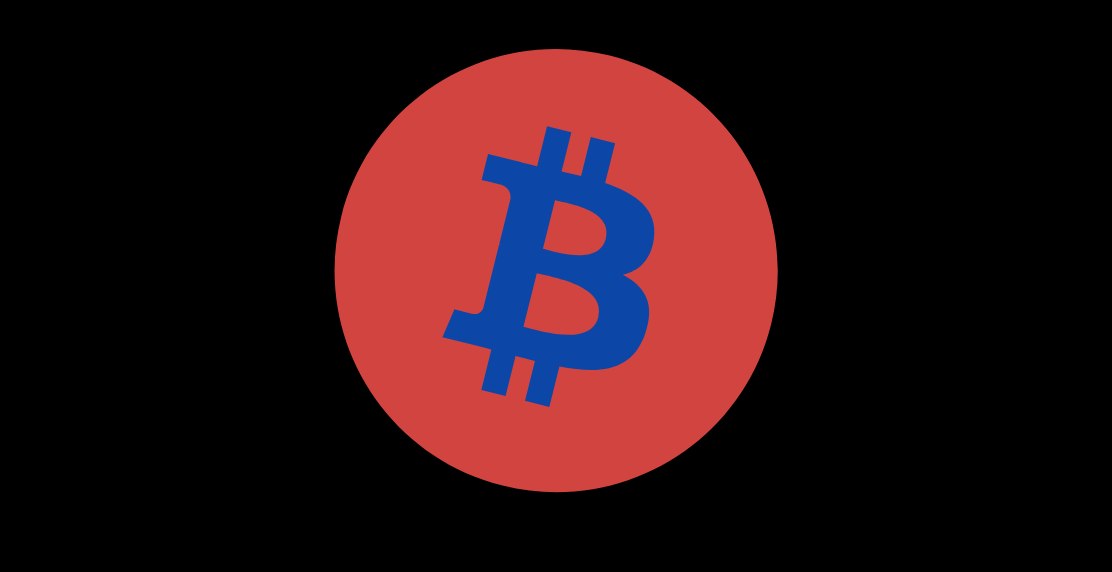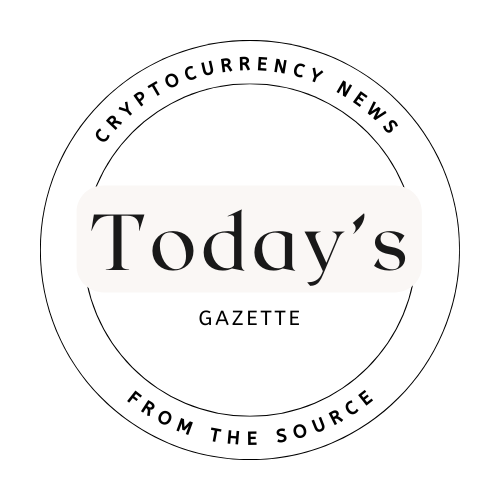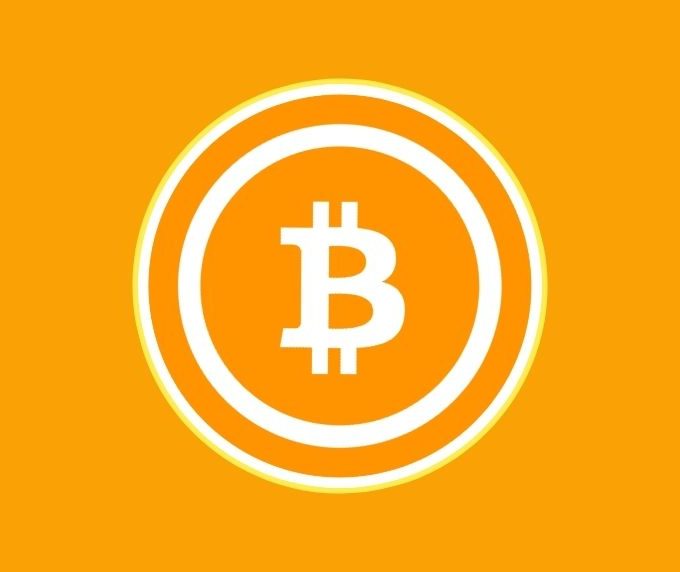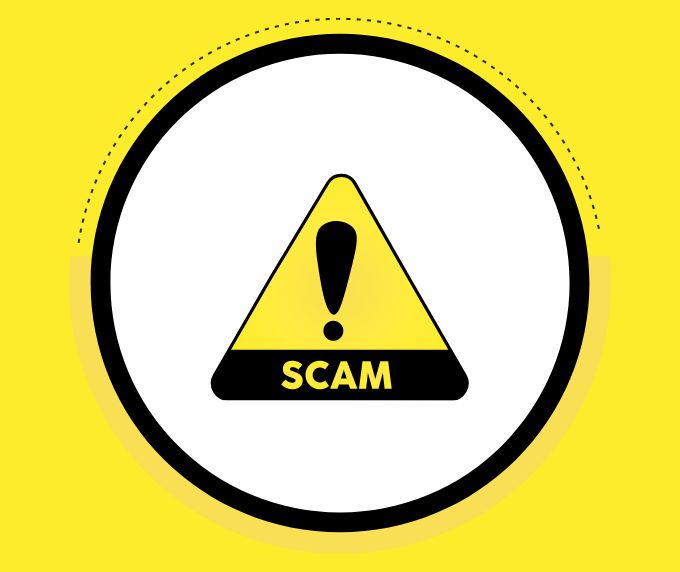Robert Kiyosaki, the best-selling author of Rich Dad Poor Dad, recently issued a strong warning to investors, calling the U.S. dollar “fake” and urging them to seek refuge in alternative assets like Bitcoin, gold, and silver. His latest statements reflect a long-standing belief that the U.S. dollar, particularly since 1971, is no longer a stable store of value due to its detachment from the gold standard.
In 1971, U.S. President Richard Nixon announced that the U.S. had left the gold standard, a move Kiyosaki claims fundamentally weakened the U.S. dollar. Since then, he argued, the U.S. dollar has been artificially supported by treasuries and bonds, making it susceptible to devaluation and inflation. According to Kiyosaki, this has turned the U.S. dollar into what he calls “fake money,” which, in his view, is increasingly risky to hold as a long-term store of wealth.
Kiyosaki’s unconventional views also extend to other traditional assets, particularly real estate. He believes that houses are not true assets due to the risks associated with mortgage debt and the potential for market crashes, as seen in the 2008 financial crisis. For Kiyosaki, financial education is key to understanding the instability of the U.S. financial system and the inherent risks of relying on fiat currency and traditional investments.
Given his skepticism about the U.S. dollar, Kiyosaki advocates investing in more stable assets: Bitcoin, gold, and silver. He acknowledges that even these assets can be volatile but argues they offer a better hedge against inflation and economic uncertainty than the dollar. In a recent tweet, Kiyosaki stated that he would continue to buy Bitcoin at “bargain basement prices,” reflecting his belief that the cryptocurrency is undervalued and poised to rise as the dollar weakens.
Kiyosaki’s warnings align with growing concerns among some investors about inflation and excessive money printing by the U.S. Federal Reserve. For those seeking to protect their wealth, his advice offers a contrarian perspective: diversify away from the dollar and toward alternative assets that could better withstand long-term economic instability.
Disclaimer
Today's Gazette cannot take responsibility for any form of loss or inconvenience that may result from any material contained on this website. The content is provided for informational purposes only and should not be relied upon for legal or financial decision-making. Nothing on this platform should be misconstrued as financial advice.






Leave a comment